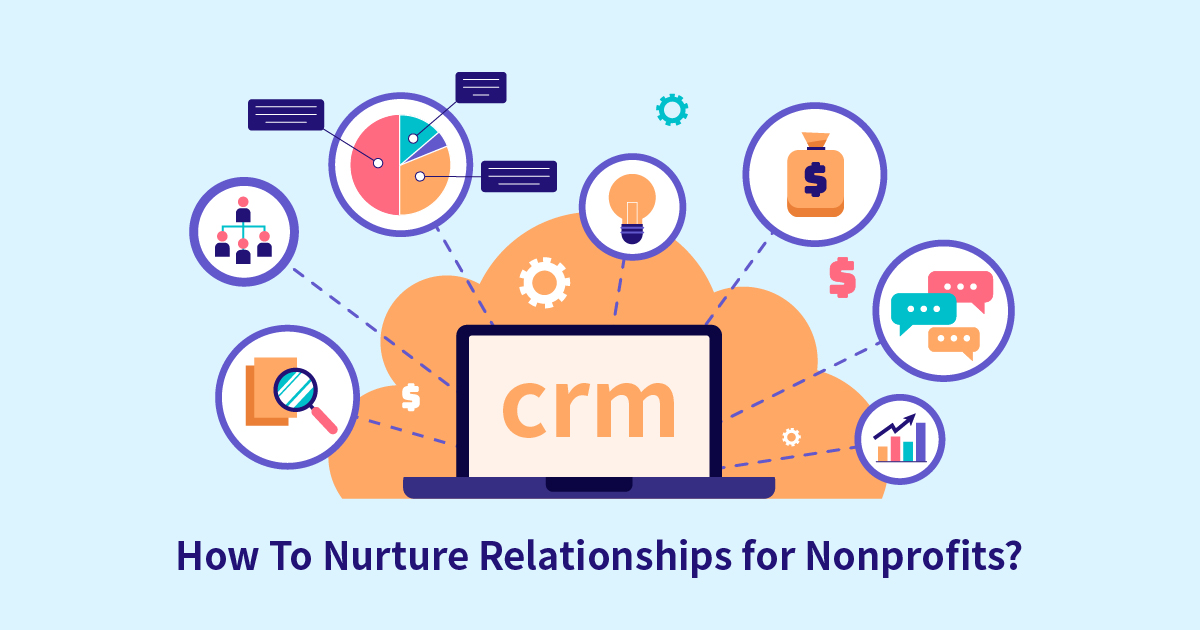
What Is CRM Software? Understanding the Backbone of Modern Business Relationships
October 29, 2025In today’s fast-paced business environment, maintaining strong customer relationships is critical to success. This is where CRM software comes into play, serving as a central platform for managing interactions, streamlining processes, and driving sales growth. But what exactly is CRM software, and why has it become indispensable for businesses worldwide?
CRM, or Customer Relationship Management software, is a digital tool that helps organizations organize, track, and manage customer interactions across various channels. It centralizes customer data, allowing sales, marketing, and service teams to collaborate efficiently while gaining actionable insights into customer behavior. By providing a holistic view of each client, CRM software enables businesses to offer personalized experiences that foster loyalty and long-term engagement.
One of the key features of CRM software is its ability to automate workflows. Tasks such as follow-up emails, appointment scheduling, lead scoring, and data entry can be streamlined, saving time and reducing human error. Additionally, advanced CRM platforms often include analytics and reporting tools, enabling managers to track performance metrics, forecast sales trends, and make data-driven decisions that enhance overall business strategy.
Modern CRM solutions are often cloud-based, providing accessibility from any device with an internet connection. This flexibility supports remote teams and businesses with multiple locations, ensuring that customer information is always up-to-date and accessible. Moreover, many CRM platforms offer integration capabilities with email, social media, and other business tools, creating a unified ecosystem that enhances operational efficiency.
The benefits of CRM software extend beyond internal processes. By maintaining accurate and comprehensive customer records, businesses can anticipate client needs, deliver timely solutions, and improve overall satisfaction. This not only strengthens customer relationships but also drives repeat business and enhances brand reputation.
For small businesses and large enterprises alike, CRM software has become a cornerstone of effective customer management. It enables organizations to streamline operations, improve communication, and leverage data for smarter business decisions. As technology continues to evolve, CRM solutions are becoming more sophisticated, incorporating AI-driven insights, predictive analytics, and personalized automation to further enhance customer engagement.
In summary, CRM software is far more than a database; it is a strategic tool that empowers businesses to build stronger relationships, optimize workflows, and drive growth. For companies looking to stay competitive in today’s market, implementing an effective CRM system is no longer optional — it is essential.









